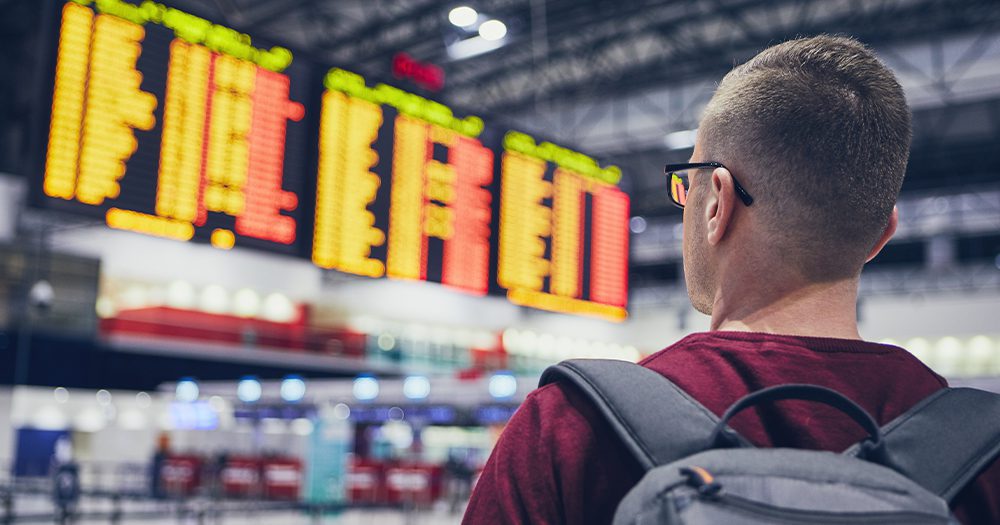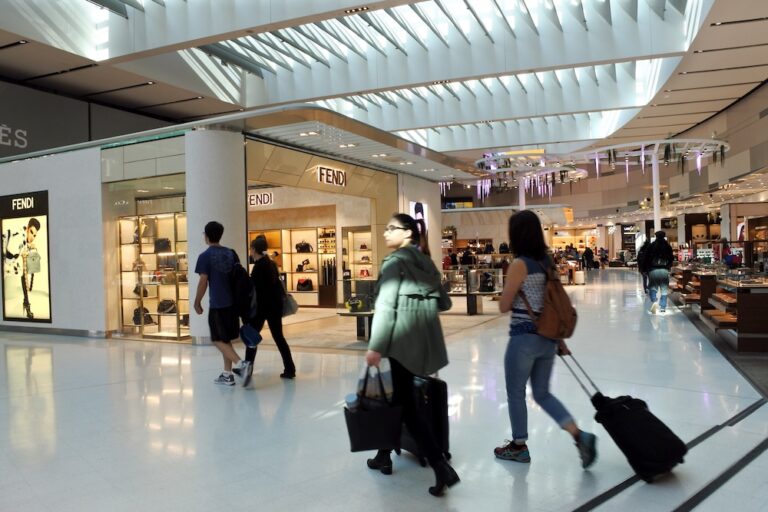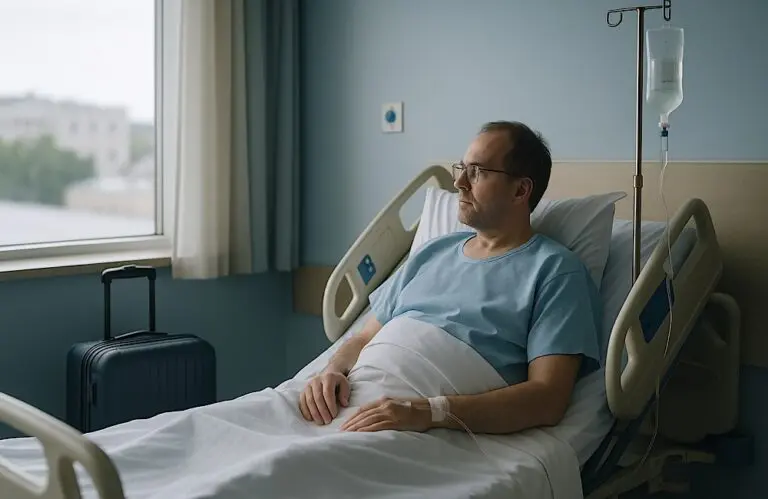From airlines struggling with shortages of workers, especially pilots, to a rapid upturn in air traffic levels, strikes and coronavirus-related staff absences, travelling in Europe and the U.S is continuing to be problematic as the Northern Hemisphere summer kicks on.
These kinds of headlines are sadly becoming an all too familiar reality at the moment.
Airlines cancelled more than 1,500 flights in the U.S. on Thursday, one of the worst days yet for travel as the peak summer vacation season heats up.
According to tracking service FlightAware, more than one-third of LaGuardia Airport in New York, more than one-third of all flights were scrubbed, and more than one-fourth of flights were dropped at nearby Newark Liberty airport in New Jersey.
The cancellations came less than three weeks after airlines kicked off the summer travel season by cancelling about 2,800 flights in five days around the Memorial Day holiday weekend.
Airlines are struggling with shortages of workers, especially pilots, hurting their ability to operate all their planned flights. Pilot unions at Delta, American and Southwest have said their airlines were too slow to replace pilots who retired or took leaves of absence during the early part of the pandemic.
Concern about flight problems comes as the number of air travellers in the U.S. pushes above 2.2 million a day. That is still about 300,000 fewer per day than in mid-June 2019; crowds will grow over the next several weeks and almost certainly break the pandemic-era record set on the Sunday after Thanksgiving last year.
Last weekend, the Biden administration dropped a 16-month requirement that people test negative for COVID-19 before boarding a flight to the U.S.
That decision is expected to boost international travel — United Airlines said Monday that it saw an immediate increase in searches for overseas flights.
London
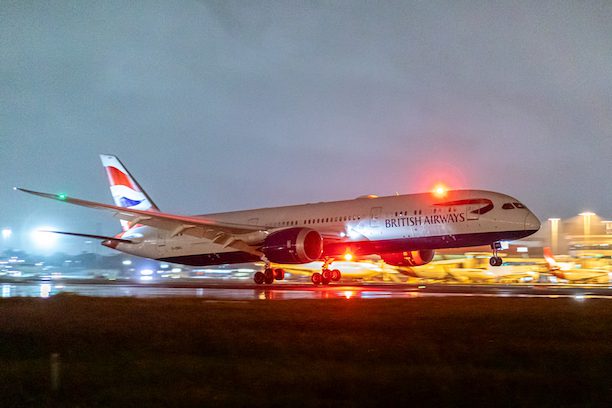
London’s Gatwick airport said on Friday it would limit the number of flights during the summer travel season in light of continuing labour shortages, which will force airlines to cancel some flights.
Britain’s second-largest airport will cap flights at 825 per day in July and 850 in August to avoid chaos and combat same-day airline cancellations, a decision it said comes after a rapid upturn in air traffic levels.
Airports around Europe have suffered from labour and logistics issues as passenger travel surged following the end of COVID-19 lockdowns, with British airports, in particular, facing chaos as a half-term school holiday coincided with the Platinum Jubilee holiday weekend.
Airlines including Lufthansa and EasyJet have announced plans to reduce flights this summer.
Earlier this month, Britain’s transport secretary, Grant Shapps, told airlines to stop selling tickets for flights they cannot staff after a spate of cancellations.
The Netherlands
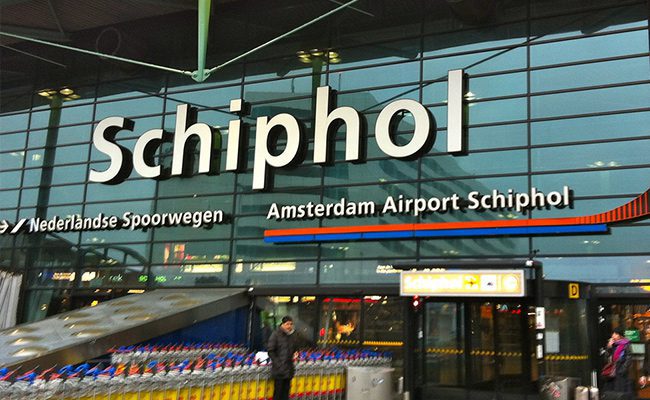
The Netherlands’ busiest airport is reining in flight departures over its busy summer period because shortages of security staff mean it cannot cope with the high demand as many families take to the skies for the first time since the coronavirus pandemic has eased.
The decision is likely to affect the vacation plans of thousands of travellers each day, the airport’s CEO said Thursday.
Amsterdam’s Schiphol Airport, one of Europe’s busiest, said in a statement that, on average, from July 7 until the end of the month, there are about 13,500 seats per day above the capacity that the airport’s security staff can handle. A decision on August flights will be taken later.
The airport, which saw lengthy delays and flight cancellations during school vacations last month, did not say how many flights a day it would have to cancel, saying some of the seats have not yet been sold, and passengers may be able to depart from different airports.
“It is, of course, frustrating,” CEO Dick Benschop told reporters. “Frustrating for the people concerned, families who have looked forward (to travelling); frustrating for airlines, the first real summer after COVID; frustrating for travel organisations and frustrating for us.”
Benschop said Schiphol had no choice but to act now.
“It is not responsible to go into the summer hoping for the best,” he said. “We are responsible for our passengers and staff and for their security and health.”
Via AAP

